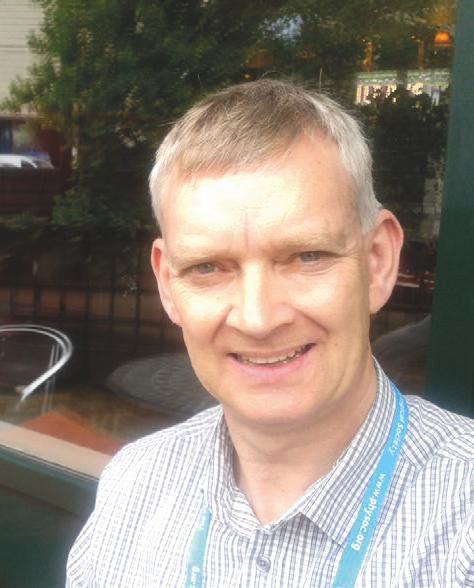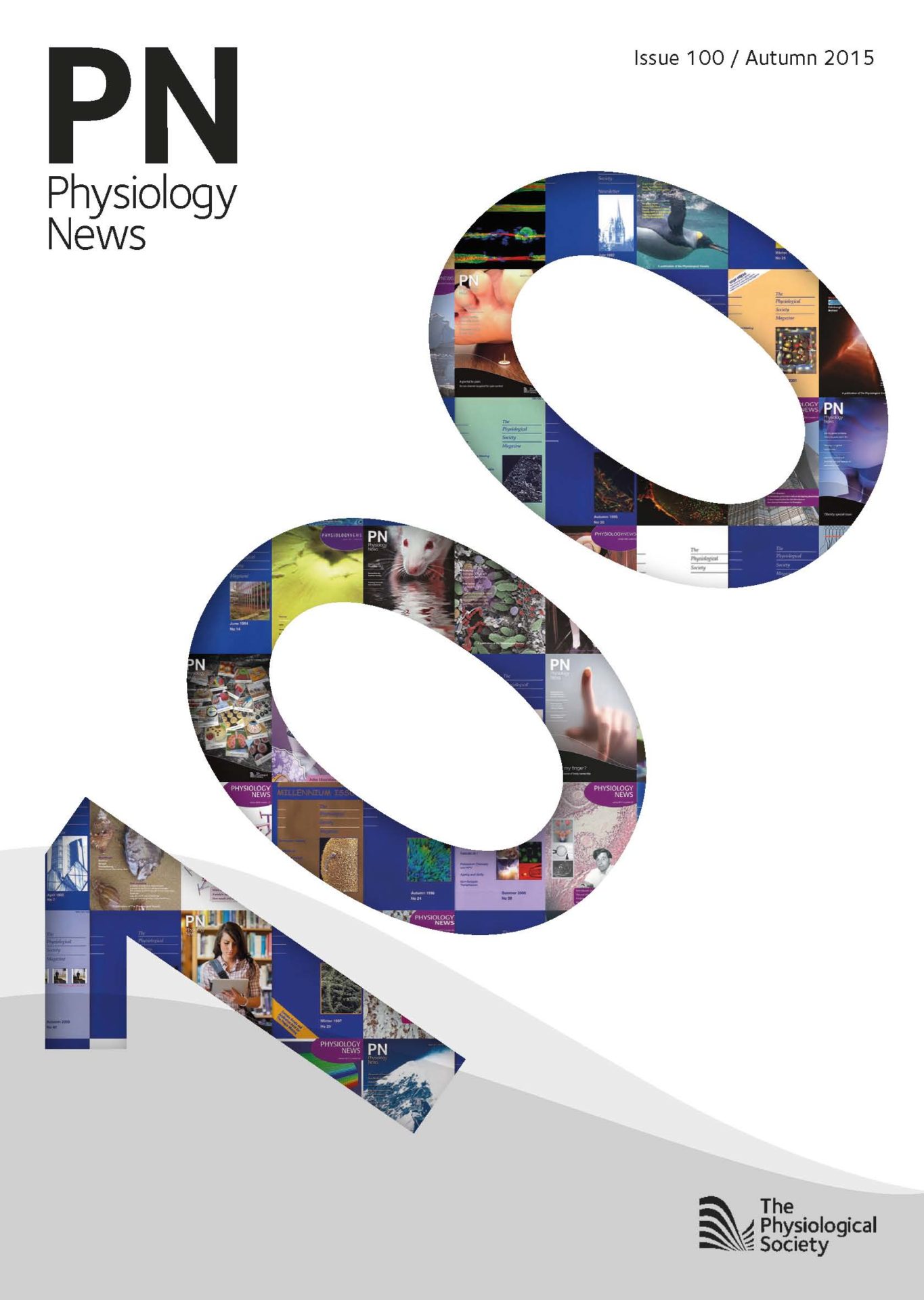
Physiology News Magazine
Our membership: past, present and future
All change on membership
Membership
Our membership: past, present and future
All change on membership
Membership
Michael Evans
Keele University, UK
https://doi.org/10.36866/pn.100.40

As the outgoing Chair of the Membership and Grants Committee I have been asked to write a few words on the state of our membership, including some retrospection given the focus of this 100th edition of the magazine. This is very timely, given the recent expansion of our membership and the current debate about having a new Fellowship category within the Society, as initially mooted in the 2011 Membership survey.
We currently have just over 3,500 members, comprising full members (55%), affiliates (31%), undergraduates (11%), honorary members (2%) and associates (<2%). In May we admitted our 3,500th Member, David Holdsworth from the University of Oxford. Over the past year our numbers have been growing – by 10% since June 2014. We put this down to a recent drive to place membership at the top of our list of priorities. The new customer resource management (CRM) computer system, which will be put into place later this year, will only improve matters and will allow members (including a growing number of overseas members) greater access to Society information and improved communication. It will also improve our ability to update the member directory on the website, something we know members are concerned about.
Looking back over the past 139 years since the beginning of the Society, and over the 100 years since its membership was opened to women, one can say with some emphasis that we represent a lively, inclusive and relevant Society, and one that will continue to attract new members. In this respect it is vital to stress the importance of our undergraduate and affiliate categories, the full members of tomorrow. We hope the CRM will aid in a seamless transition to the next membership stage for our early-career members. There is an increasing (some would say belated) realisation that many of our prize speaker lists are populated principally or even wholly by men, and we are trying to redress the balance. However this also depends on women being nominated in the first place, so please bear this in mind. (This does seem to be a prize speaker phenomenon, if I can put it like that, since women are well-represented in other aspects of Society life, membership and work).
This brings me onto the new Fellowship category, currently being discussed by a recently convened working group. The broad intention is to reward, acknowledge and help publicise outstanding contributions to physiology or The Society, including its charitable objectives. A hoped for consequence of this would be to help in the career progression of members. As such it is currently viewed as distinct from honorary membership, which can include non-members and Nobel laureates.
Our membership has indicated that what they value most about The Society is the promotion of physiology, the ability to network with other scientists at meetings and to apply for travel grants to attend meetings. Thus the fee structure of the membership categories, reviewed annually, is closely associated with the respective travel grant levels, currently £700 for members, £500 for affiliates and £100 for undergraduates. What are the membership issues looking ahead? We must continue expanding our membership base from undergraduates upwards, provide a quick and helpful interaction with members, and improve lines of communication and information through the various channels including Physiology News and our website. Our Society Representatives and Theme Leads are also vitally important in achieving these goals, and we need to improve support and increase engagement in both directions. The work continues.
Should you have any views on any aspect of your membership or on the new Fellowship category, please send them to membership@physoc.org
I would like to finish by thanking my fellow committee members, including Rachel Tribe as the incoming Chair, and Society staff, Helen Burgess, Nick Boross-Toby and Casey Early for their unstinting support, guidance and enthusiasm.
